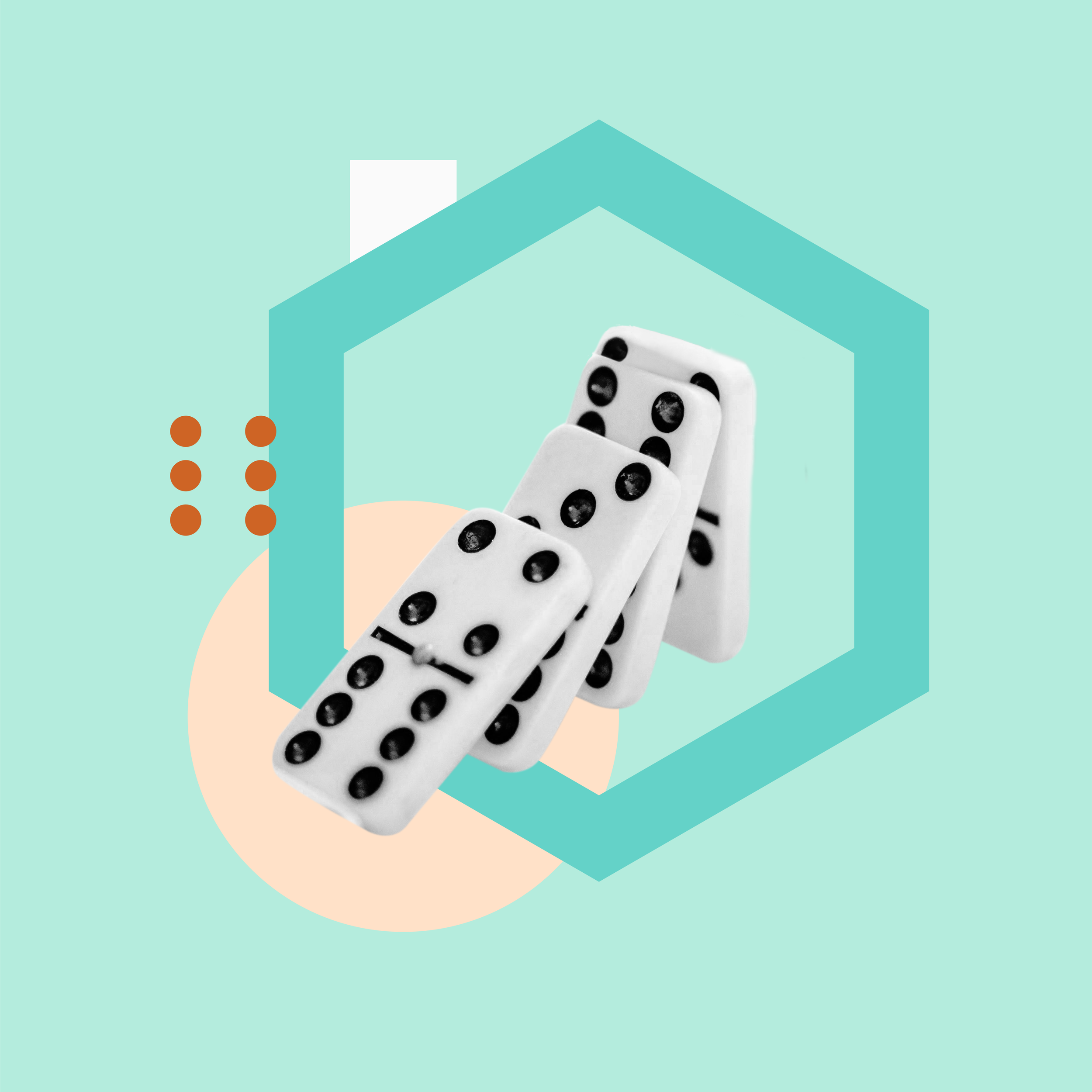What is Neurodiversity?
A Brief History
Neurodiversity as a concept is rooted in the Autistic community chatrooms and forums of the early 1990s (Walker, 2021). Perhaps the most well-known and often attributed first academic of the term Neurodiversity is attributed to Judy Singer (Singer, 1998), in her 1998 thesis “NeuroDiversity: The Birth of an Idea”. From the coining of the term Neurodiversity, the development of Neurodivergent language has been a group effort, from Neurodivergent writers, academic and activists. For example, in 2000 Kassine Asasumasu coined the terms Neurodivergent and Neurodivergence (Walker, 2021).
Through the 2000s the Neurodivergent paradigm was developed – lead by Nick Walker and colleagues. This paradigm shift (discussed in depth later in this document) embraced the social model of disability and promoted the rights (particularly the right to exist without medical intervention) and voices of Neuro-marginalised, Neurodivergent people within wider society.
The Meaning of Neurodiversity and Neurodivergence
Neurodiversity is the concept that there is no typical human and as such people’s neuro-cognitive functioning is placed on a spectrum (Singer, 1998; Walker, 2021; Yergeau, 2018). There are those for whom their neuro-cognitive functioning aligns with the society they live in and those for whom their neuro-cognitive functioning divergence from that which aligns with society. The former are Neurotypical and the latter Neurodivergent. Neurotypical is not synonymous with normal and Neurodivergent is not synonymous with abnormal – within the framework of Neurodiversity, there is no normal or abnormal only a spectrum of existence.
Who is Neurodivergent?
There is some debate in the Neurodivergent communities over who can use the label of Neurodivergent (Walker, 2021). Walker (2021) discusses this debate as a founder of the Neurodivergent movement – she argues that gatekeeping the term is inherently counter to the concept of both Neurodivergence and NeuroQueer. As Neurodivergence means anyone who divergences from that which society views as Neurotypical within the confines of that society, it must then mean that Neurodivergence encompasses more than a handful of divergences.
As such there are many ways to be Neurodivergent. Here is a broad list of examples, however it is not exhaustive and other types of divergence do exist:
Autism
ADHD
Mental Illness – PTSD, Schizophrenia, OCD
Acquired Brain Disorders
Dyslexia
Drug induced brain changes – such as long-term LSD use.
Mediation induced brain changes – such as monks who have dedicated years to mediation.
The Neurodivergent Paradigm – a paradigm shift
The Neurodivergent paradigm built by Nick Walker (2021), was developed to promote a paradigm shift from the pathological paradigm surrounding Neurodivergence. The pathological model is linked to the medical model of disability, which defines difference from the norm as deviant and in need of medicalised treatment. The pathological model is still insidious within the British support system for Autism – for example the widespread use of ABA (Applied Behaviour Analysis) and PBS (Positive Behavioural Support) (for example see Hodgson et al, 2022).
In the creation of the Neurodivergent paradigm, Walker draws on the work of French philosopher Michel Foucault. In his work “Madness and civilization: a history of insanity in the age of reason” (Foucault, 1973), Foucault discusses that by quantifying the human existence and developing an idea (which is typically based on white, upper-middle class, cisgendered, heterosexual men) those who do not fit this idea are categorised as inherently deviant and outside the realms of humanity’s norms. This quantifying of humanity, Foucault (1973) argues, leads to the pathologisation of the existence of swaths of the population for fundamentally biased reasons.
In acknowledging that what is perceived as normal comes from the early development of the humanities and social sciences (economics, anthropology, sociology, psychology etc.) and are rooted in the eugenics movement of the late 1800s early 1900s (Smith, 1994), the Neurodivergent paradigm dismantles the concept on normal and correct within the human experience.
Walker (2021) outlines the three fundamental principles of the Neurodivergent paradigm as follows:
1. Neurodiversity – the diversity among minds – is a natural, healthy and valuable form of human diversity.
2. There is no “normal” or “right” style of human mind, any more than there is one “normal” or “right” ethnicity, gender, or culture.
3. The social dynamics that manifest in regard to Neurodiversity are similar to the social dynamics that manifest in regard to other forms of human diversity (e.g. diversity of race, culture, gender or sexual orientation). These dynamics include the dynamics of social power relations – the dynamics of social inequality, privilege, and oppression – as well as the dynamics by which diversity when embraced, acts as a source of creative potential within a group or society.
(Walker, 2021, pp.19-20)
The Neurodivergent paradigm is a shift to dismantle the medical model and the pathological paradigm. A call to rebuild from the ground up, without the normal/abnormal categorisation, to create a world that embodies understanding and support for all Neurotypes. Support in this instance moves from making someone fit the Neurotypical model of Neuro-normative to an all-encompassing embracing of diversity and to tailor support to meet the neurological needs of the person in question.
Conclusion
Neurodivergence is not a shorthand for Autism, nor is a new acceptable word for abnormal. The Neurodiversity construct and the Neurodivergent paradigm are a societal shift to dismantle the medical model and uplift Neurodivergent people as Neuro-minorities within in society. As the use of Neurodivergence rises in both academic and general consciousness, it is vital that this message of liberation and unity are not co-opted or diluted. As Neurodivergent people and Neurodivergent allies but acknowledging the Neurodivergent paradigm and promoting the core principles, we work to build a more Neuro-inclusive society for the benefit of all.
-
Foucault, M. (1973). Madness and civilization: a history of insanity in the age of reason.
Hodgson, R., Biswas, M., Palmer, S., Marshall, D., Rodgers, M., Stewart, L., Simmonds, M., Rai, D. and Le Couteur, A. (2022). Intensive behavioural interventions based on applied behaviour analysis (ABA) for young children with autism: A cost-effectiveness analysis. Plos one, 17(8).
Singer, J. (1998). The Birth of Community Amongst People on the Autism Spectrum: A personal exploration of a New Social Movement based on Neurological Diversity
Smith, M. C. (1994). Social science in the crucible: The American debate over objectivity and purpose, 1918-1941. Duke University Press.
Walker, N. (2021). Neuroqueer Heresies: Notes on the neurodiversity paradigm, Autistic empowerment, and postnormal possibilities. Autonomous Press.
Yergeau, M. R. (2018). Authoring autism: On rhetoric and neurological queerness. Duke University Press.





